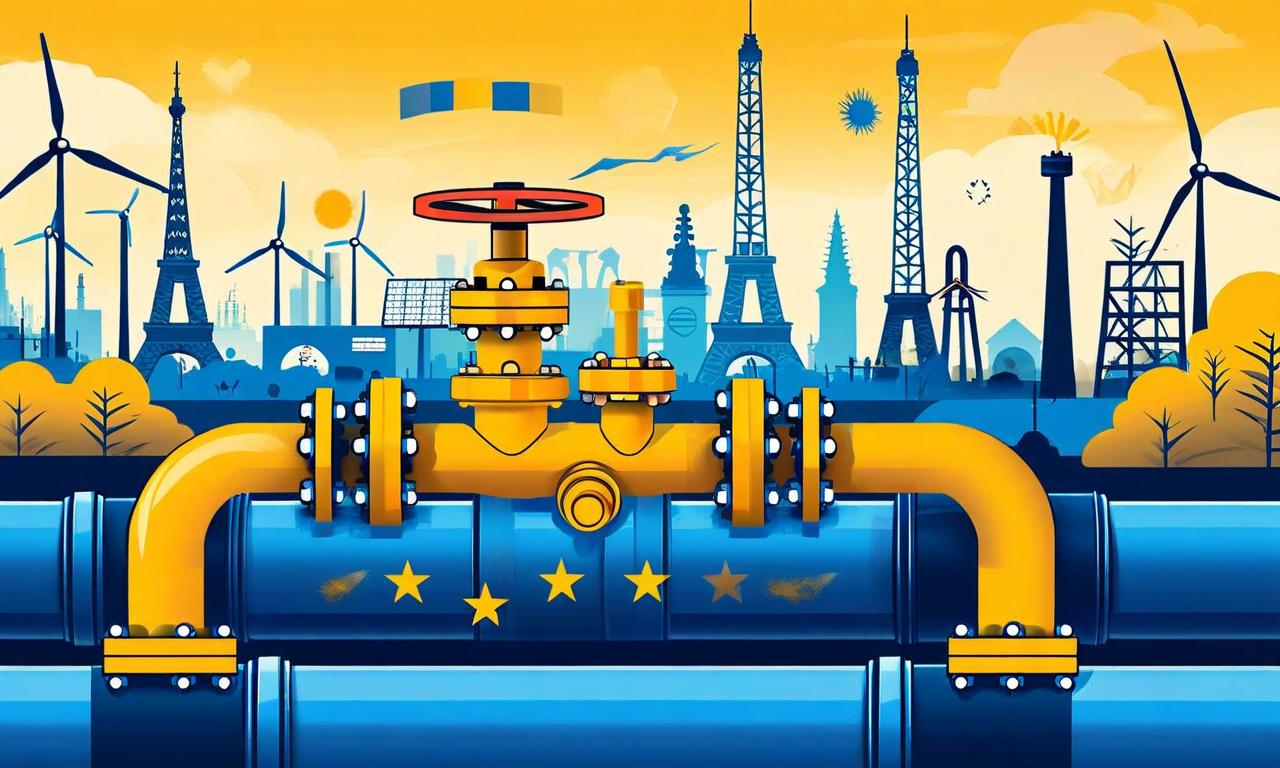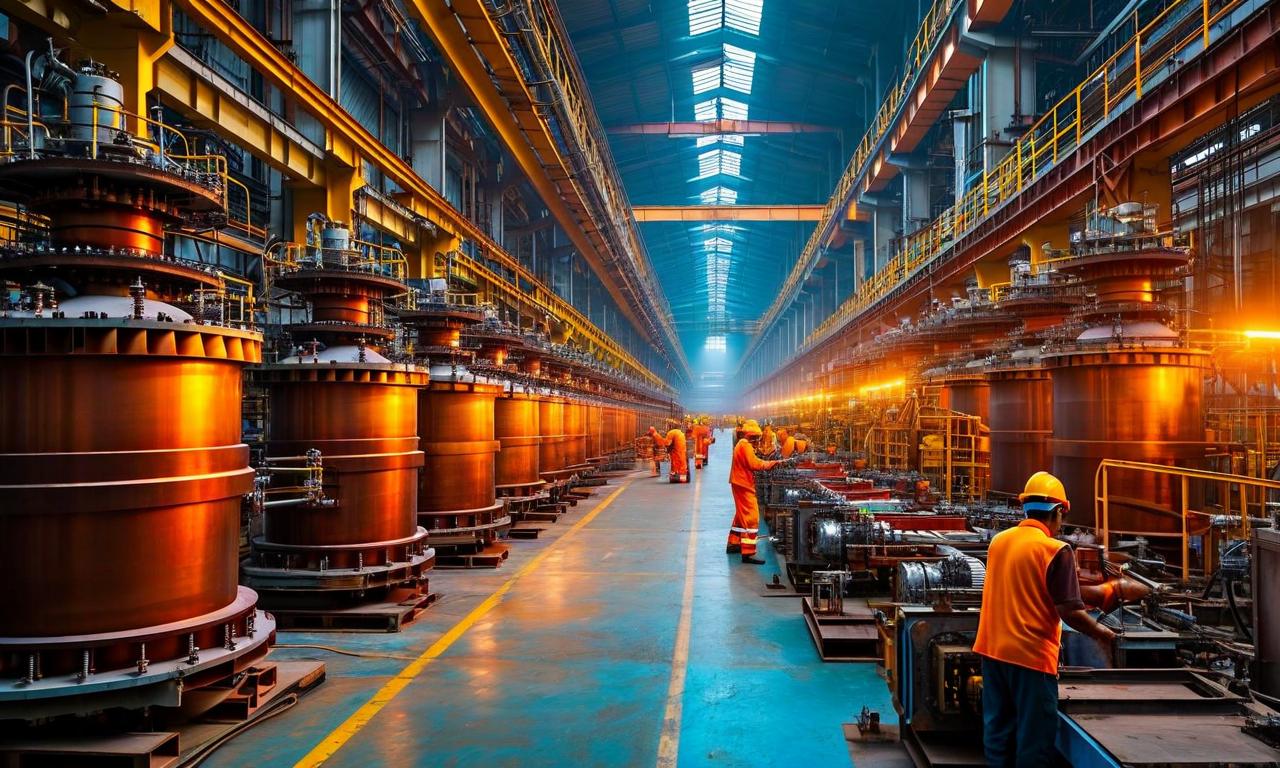EU Mulls Tech Sharing Mandate for Chinese Investments
The European Union is contemplating a policy that would require Chinese companies to share their technology as a condition for investing in EU markets. This potential move aims to level the playing field, protect EU interests, and address reciprocity concerns. The policy, still under consideration, could significantly impact EU-China economic relations and face challenges such as diplomatic tensions, reduced Chinese investment, and implementation complexities.

*this image is generated using AI for illustrative purposes only.
The European Union (EU) is considering a significant policy shift that could reshape its economic relationship with China. According to recent reports, the EU is contemplating the implementation of new requirements that would mandate Chinese companies to share their technology as a prerequisite for investing in EU markets.
Potential Impact on EU-China Economic Relations
This proposed policy change could have far-reaching implications for both European and Chinese businesses. If implemented, it would mark a notable shift in the EU's approach to foreign investment, particularly from China.
Key Points of the Proposed Policy
| Aspect | Details |
|---|---|
| Policy Consideration | Mandatory technology sharing |
| Target | Chinese companies |
| Condition | For investments in EU markets |
| Current Status | Under consideration |
Strategic Implications
This move by the EU could be seen as a strategic maneuver to:
- Level the playing field: Ensure European companies have access to Chinese technological advancements.
- Protect EU interests: Safeguard sensitive sectors and technologies within the EU.
- Reciprocity: Address concerns about market access and technology transfer requirements that European companies face in China.
Potential Challenges
The proposed policy may face several challenges:
- Diplomatic tensions: It could potentially strain EU-China relations.
- Investment impact: There might be a risk of reduced Chinese investment in EU markets.
- Implementation complexities: Defining and enforcing technology sharing could prove challenging.
Conclusion
As this policy is still under consideration, its final form and implementation remain to be seen. The EU's decision on this matter could significantly influence the future landscape of EU-China economic relations and potentially impact global trade dynamics.
Stakeholders on both sides will be closely watching the developments of this proposed policy, as it could set a new precedent in international investment regulations and technology transfer requirements.



























